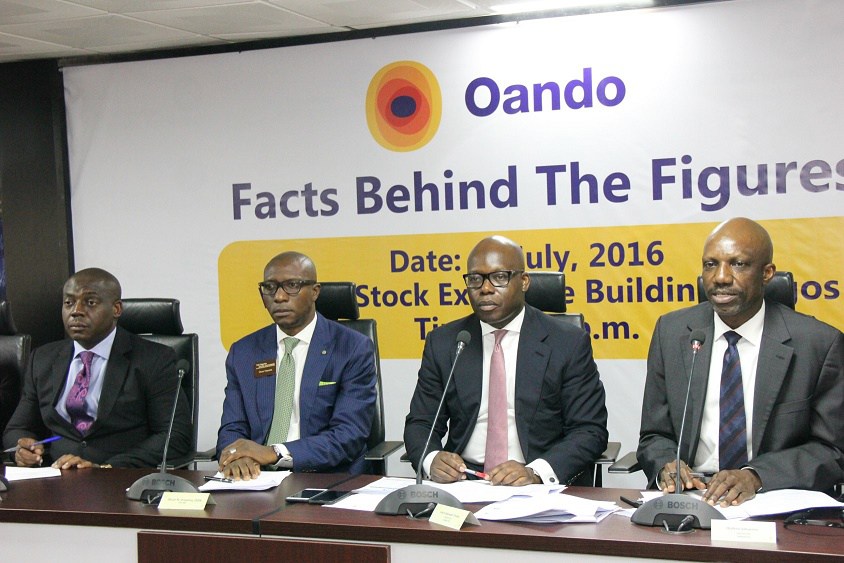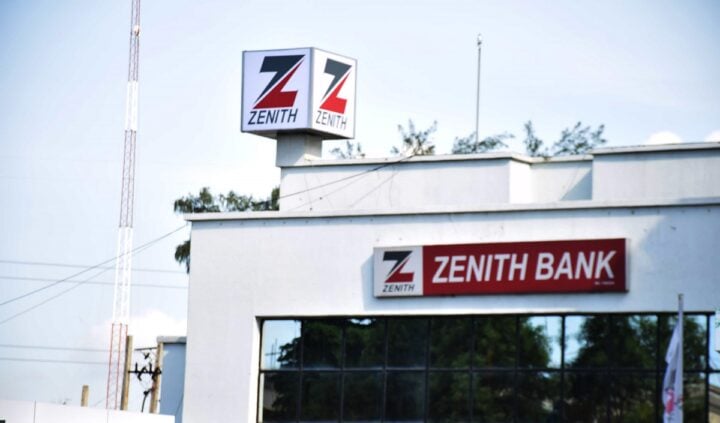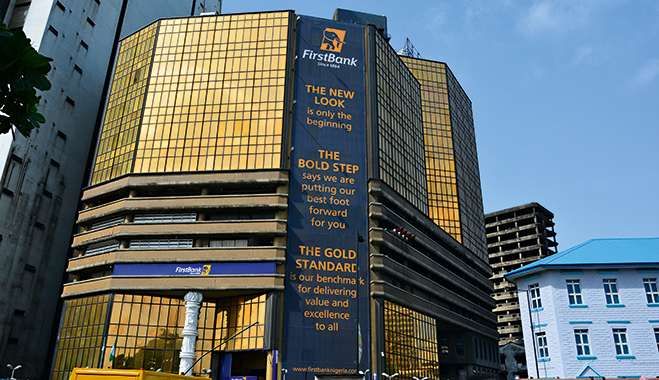Oando kept its turnaround flag flying by using a tax credit to overwrite a loss position at the end of half year operations. The company is sustaining the turnaround for the third year running but the core business isn’t yet providing the driving force. Tax credit has taken over from profit from discontinuing operations to keep the company’s turnaround engines streaming this year.
Oando’s strength for returning to profit in 2016 came from discontinued operations that turned a loss of N25.4 billion into an after tax profit of nearly N4 billion in that year. A good part of the after tax profit of N19.8 billion in 2017 also came from profit from discontinued operations. Profit from discontinued businesses is missing completely so far this year but a huge tax credit of N13 billion in the second quarter has changed the company’s earnings story.
The first six months of trading for Oando ended with a pre-tax loss of N2.26 billion, rising from a pre-tax loss of N840 million in the same period last year. Across the two quarters, the net tax credit amounted to N10.76 billion, which turned the loss into an after tax profit of N8.49 billion at the end of June 2018.
In the same period last year, a tax credit of N668 lowered a pre-tax loss to N172 million while a profit of N4.73 billion from discontinuing operations turned it into an after tax profit of N4.56 billion. Between tax credit and profit from discontinued operations, Oando is getting ahead on the path of rebuilding the bottom line.
Advertisement
The company is doing well on sales revenue, which grew by over 11% year-on-year to N297.3 billion at the end of June 2018. This is a step up from a 9% increase the company recorded at the end of last year. Based on the growth rate at half year, the company’s turnover is likely to approach the N600 billion-mark at full year.
There is also a moderated growth in cost of sales, which increased by 5.5% to N246.3 billion – one-half of the growth in sales revenue. That lifted gross profit by 52.6% to over N51 billion over the period, raising gross profit margin from 12.5% to 17.2%.
There ends the good side of the company’s earnings story. Other operating income, which accounted for much of the operating profit in the same period last year, dropped by 84.4% to less than N2 billion at the end of June 2018.
Advertisement
Further to that, administrative cost rose by 24% to N39.14 billion, about three times the first quarter figure of N13.8 billion. It claimed more than all the increase in gross profit, leading to a decline of 5% in operating profit to N13.84 billion at the end of June.
Finance expenses stood well above the operating profit figure at N21 billion and despite some improvement in finance income to N5 billion, net finance cost still exceeded operating profit. The company lost ground from a pre-tax profit of N6.5 billion at the end of the first quarter to a pre-tax loss of N2.26 billion at the end of the second quarter.
Balance sheet debts were unchanged at N237 billion at the end of the half year, as debt repayment usually involves new borrowing to generate the cash requirement. This indicates that finance expenses may remain large for now.
A tax credit of N10.75 billion provided the respite that enabled the company to head off closing the half year operations in the red. The company earned 24 kobo per share at the end of the June compared to 7 kobo per share in the same period last year. Oando is still on a retained loss position, which amounted to about N138 billion at the end of the second quarter.
Advertisement
Add a comment







